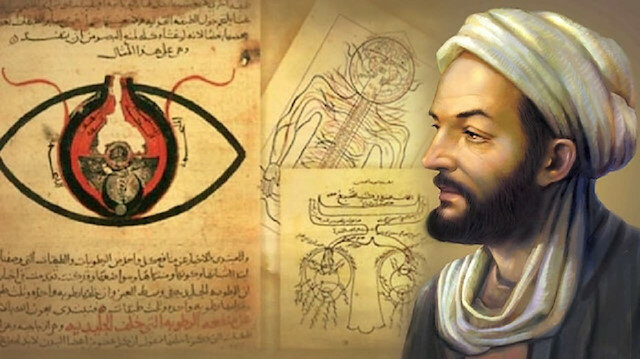Imagination for Ibn Sina

In the Merriam-Webster dictionary, imagination is defined as “the act or power of forming a mental image of something not present to the senses or never before wholly perceived in reality”.
The etymological origin of the word imagination “is having a picture in the mind’s eye”. Incidentally, unlike the dictionary’s date of reference for the creation of this word (14th century), the ‘mind’s eye’ term and that very definition of imagination was developed in the 10th century by the Persian philosopher Ibn Sina (also known by his Latinized name Avicenna).
As the most famous physician, philosopher, encyclopedist, mathematician and astronomer of his time, he described in his “Book Of Healing” the five mental senses we possess as: common sense, imagination, estimation, representation, and recollection. Explaining how the sense are related, Ibn Sina writes: “for all beauty which is suitable and goodness which one perceives, that one loves and desires, the principle of perceiving them relies on the senses, imagination (khayal), the estimative faculty, conjecture and the intellect”.
Ibn Sina wrote about creativity in general, but focused on the imagination and its affect on
self and other’s behavior. “The imagination of man can act not only on his own body, but even on others and very distant bodies. It can fascinate and modify them; make them ill, or restore them to health”.
Think about it for a few minutes. How’s your imagination affecting people’s health around you?
Creatively yours,
Randah Taher



